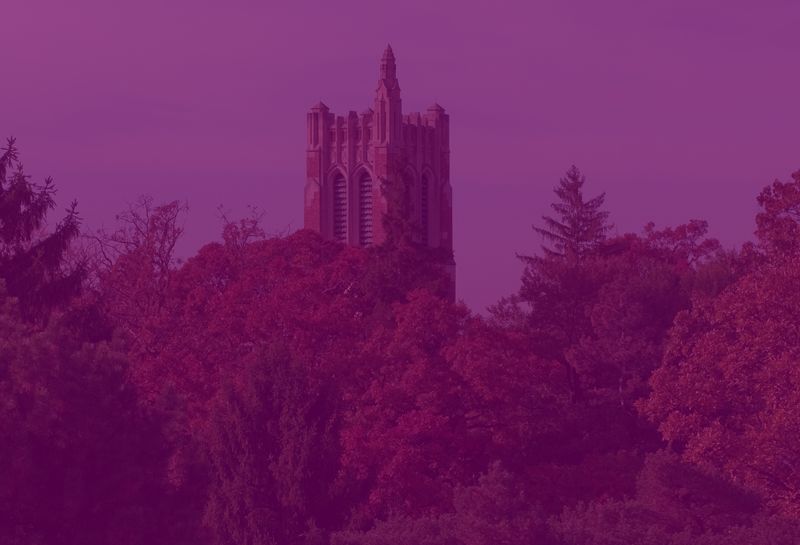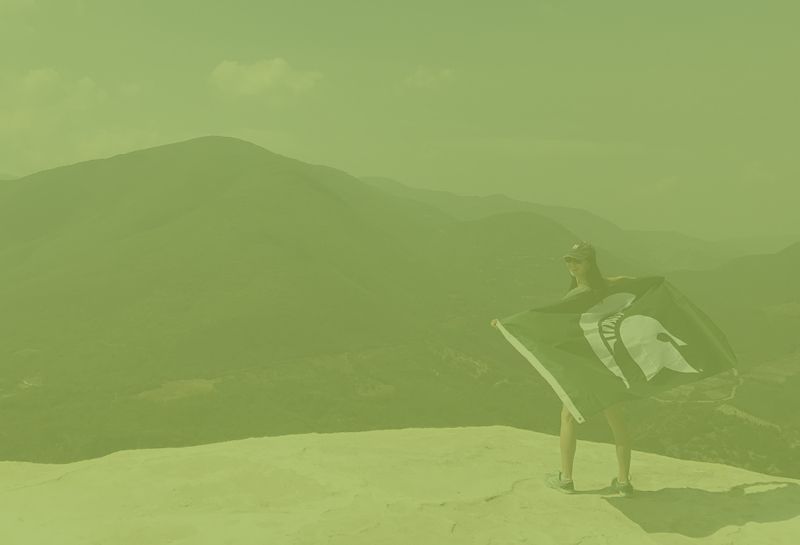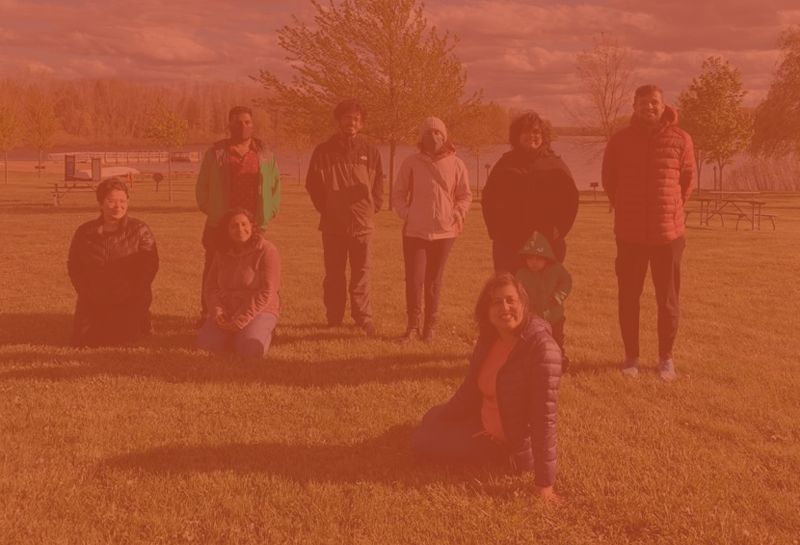Events
 Back to Events
Back to Events
- Date:
- Thursday, 19 Sep 2019
- Time:
- 12:00 p.m. to 1:30 p.m.
- Location:
- Room 201, International Center
- Department:
- African Studies Center
ABOUT THE SPEAKER:
Todd Cleveland holds a Ph.D. in African History from the University of Minnesota. His research interests are broadly concentrated around the interactions between Europeans and sub-Saharan Africans during the colonial period and, in particular, labor and social relations between the Portuguese and the indigenous populations in the former's assortment of African territories. Todd's research has been focused on the history of diamond mining in Africa and on the history of soccer on the continent, and features in three books: Stones of Contention: A History of Africa's Diamonds (Ohio University Press, 2014); Diamonds in the Rough: Corporate Paternalism and African Professionalism on the Mines of Colonial Angola, 1917-1975(Ohio University Press, 2015); and Following the Ball: The Migration of African Soccer Players across the Portuguese Colonial Empire, 1949-1975 (Ohio University Press, 2017). He is currently working on two book projects that examine the history of tourism in Africa.
ABOUT THE TALK:
This paper examines the lives of African laborers in the tourism industry in the Portuguese colony of Mozambique. In particular, I consider the indigenous guides of both hunting and "camera" safaris and the African staff who serviced the hundreds of thousands of tourists who annually descended upon the colony at an array of hotels, restaurants, and nightclubs in Mozambique's urban centers. It was on the backs of these workers that the tourist industry in the colony was developed, a sector that as early as the 1920s had become an important source of foreign exchange for Portugal. The study upon which this paper is based is the first to consider the daily, gendered experiences of local tourism workers in the genesis and expansion of this vital industry. Via an examination of this sector from its origins to the conclusion of the colonial period in 1975, I argue that just as tourists exercised geographic mobility by traveling to various African stops, many indigenous laborers in the tourism industry in colonial Mozambique realized social mobility via both the steady wages that they earned and their daily interactions with sojourning clientele. This paper explores these "mobilities" through a reconstruction of the lives of these workers and the critical contributions they made to the development of tourism in Mozambique, the "gem" of Portugal's African empire. Ultimately, by exploring the ways that these laborers creatively exploited opportunities generated by the burgeoning industry, this project strives to prompt reconsiderations of indigenous labor and social mobility in colonial Africa, while also opening up new ways of thinking, more broadly, about tourism, cultural fluidity, and power.



